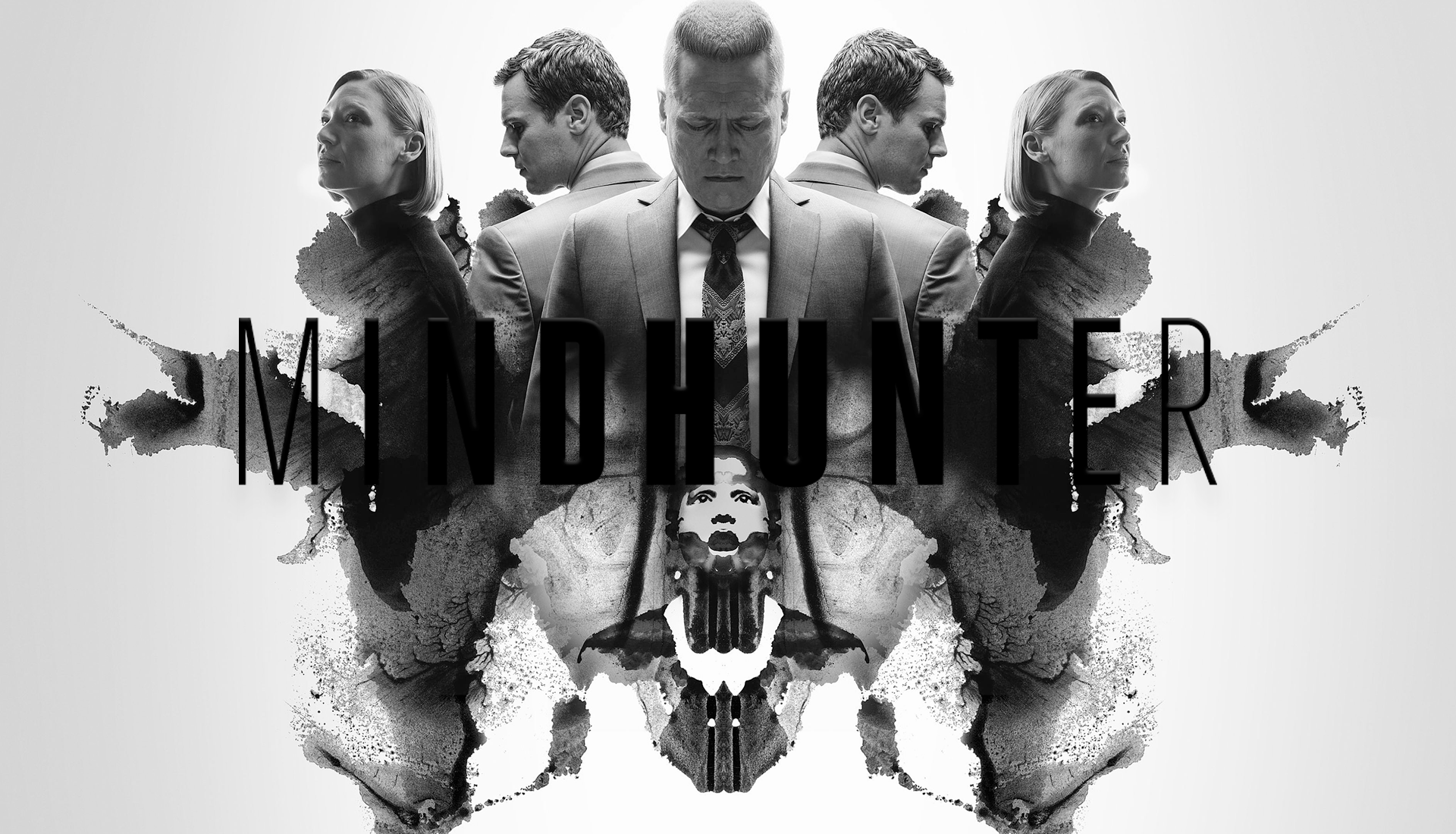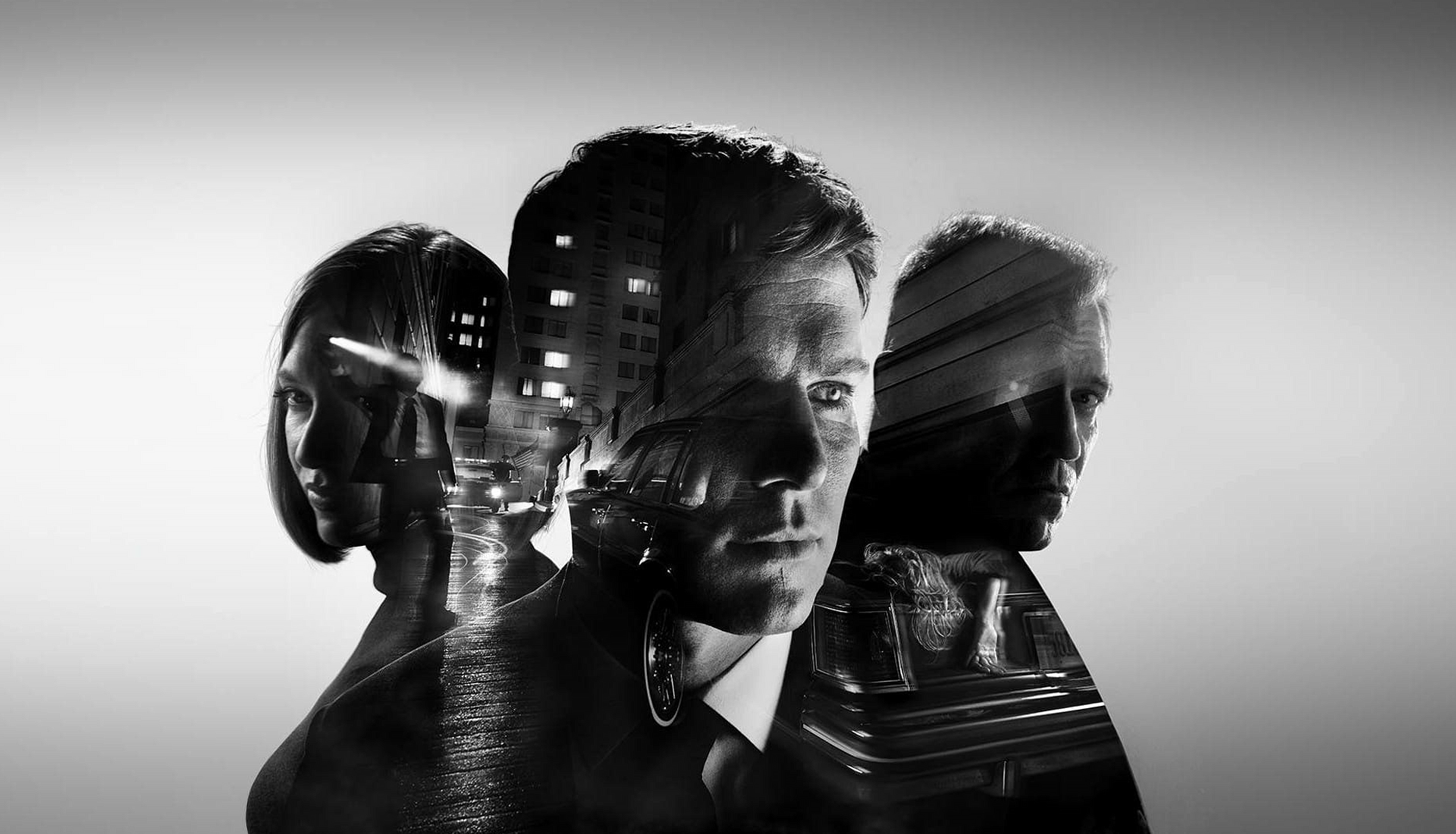Mindhunter season two has been out for almost a week now, and its return to the morbid world of killer criminology has established it amongst the finest crime dramas of the last decade.
~This article contains spoilers ~
True crime fans had been champing at the bit to binge the second season of David Fincher’s Netflix original series Mindhunter for nearly two years. The debut season captivated viewers in 2017 with both its unerring and chilling depictions of the most infamous serial killers in history, and lucid insights into the modern constructs of crimonology.
From the very first scene in that dingy apartment, we were held captive by (and be-Holden to) Fincher’s fascinating story… I’ll stop now, promise.
Thankfully, Mindhunter returned without even a whiff of sophomore slump in 2019, arguably topping the first season.
The core cast has returned to head a newly bolstered Behavioural Science Unit (BCU) populated by agents Holden Ford, Bill Tench and the unerringly focused Dr. Wendy Carr. Newbie audio transcriber Gregg also features prominently throughout the nine episodes, and his shady indiscretion with the Office of Professional Responsibility (ORP) is immediately addressed in episode one.


Picking up at an all-time low in the unit’s existence, the team is left reeling from ORP’s disruptive visit and is overcome by paranoia, distrust, and infighting. To compound this, golden boy Holden is still recovering from a severe panic attack sustained after visiting Ed Kemper in the season one finale.
Fortunately for him, his unit chief and long-spanning adversary Shepard abruptly announces his retirement from his position before Holden returns to Quantico. In his place steps Gunn; an eccentric yet proactive leader with the goal of shifting the BCU from ‘cold case to first call’.
He immediately prioritises the streamlining of data gathering and accelerates the interview process, transforming the unit from a modest murmur in the basement to a buzzing hub at the head of the FBI training facility. After swiftly defusing the OPR investigation, Gunn calls Holden into his office to eulogise about the young man’s ‘instincts’.
This becomes a recurring theme throughout the season, and both Bill and Wendy are tasked with ‘tightening the leash’ on Holden and being his ‘blinders’ (basically curbing Holden’s excesses) while he takes point guiding cases and interviews with this intuition.
Gunn clearly doesn’t understand the depths of the dysfunction within the unit at that point – or perhaps he does, and he’s willing to roll the dice. Either way it proves to be a dangerous form of enablement.


There’s always an overriding sense of tension in Mindhunter between instinct and empiricism, notably between Wendy and Holden. Holden predictably overindulges his impulses, habitually tossing aside strategic methodology and good old fashioned ‘leg work’ – as Bill calls it – in an attempt to fast-track success.
Tensions are frayed further by the fact that Holden is still drawn to extreme derangement like a moth to flame. But it does lead to a major highlight of the show thus far: an interview with Charles Manson.
Thematically, this season seems to be completely conscious of where serial killer ‘fandom’ exists in the pop culture zeitgeist. The uncanny portrayals of real-life killers return in the form of several familiar faces, with a few bone-chilling additions thrown in (that we won’t spoil now).
The agents’ work doesn’t slip under the radar of mainstream press so often now either. Bill and Holden are perpetually surrounded by curious civilians who can’t contain their morbid curiosity, which constantly ramps up the pressure cooker, for Bill in particular.
Similar to the first season, the team are pulled in multiple directions and have to balance solving on-going murder cases with interviewing subjects for Wendy’s exhaustive analysis. And as you can imagine, priorities differ depending which member of the unit you ask.





















